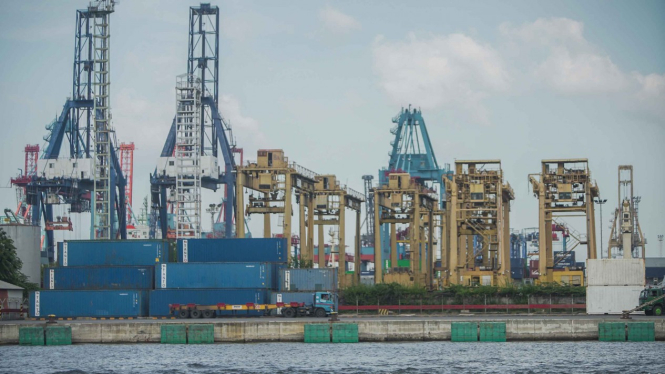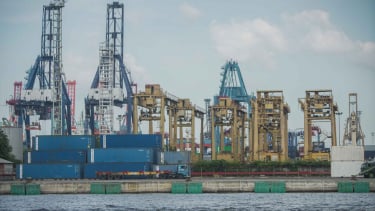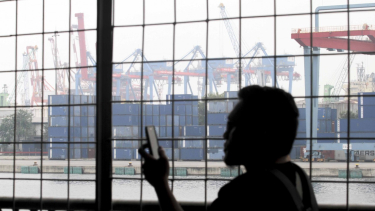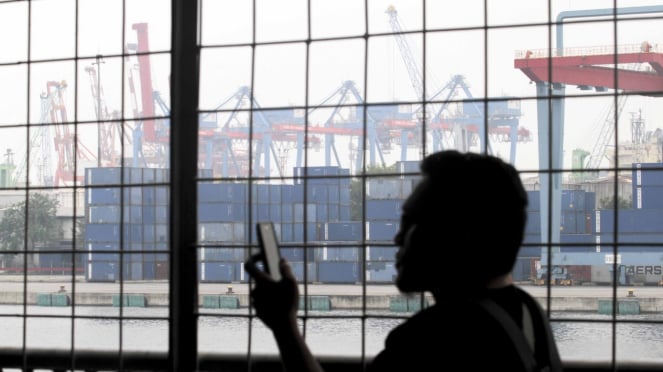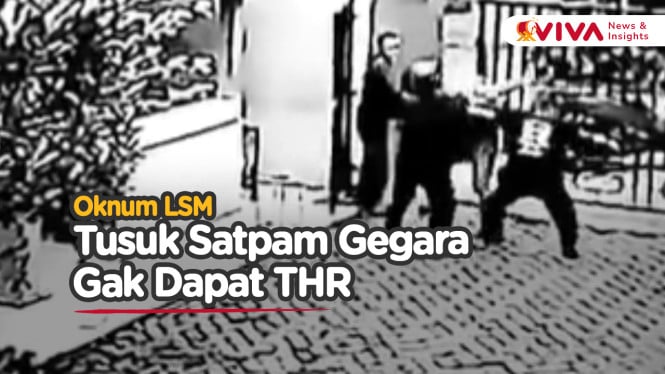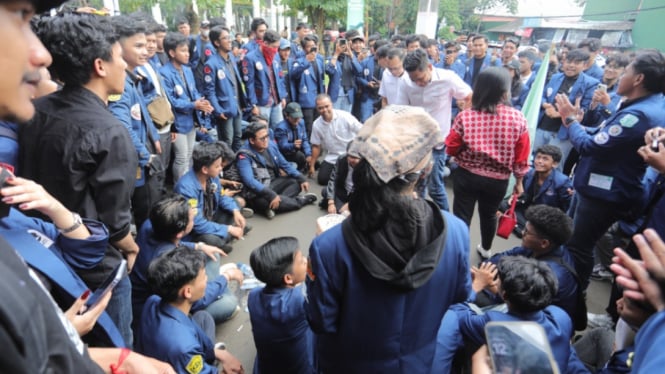Government Issued New Regulation on Rush Handling of Imported Goods
- VIVA/Muhamad Solihin
Jakarta – Indonesian government through finance ministry has issued a new regulation regarding rush handling service for certain imported goods that are condition-sensitive.
Through this regulation, the number of rush handling categories has increased from 10 to 13 types of goods.
This regulation is highlighted in Minister of Finance Regulation (PMK) Number 26 of 2024, which amends Minister of Finance Regulation Number PMK-74/PMK.04/2021 on the Release of Imported Goods for Immediate Use with Rush Handling Services. It has been in effect since May 29.
The Head of the Sub-Directorate for Customs and Excise Public Relations and Counseling, Encep Dudi Ginanjar, emphasized that this PMK was drafted as part of the government's efforts to improve the efficiency and effectiveness of the import release process under the rush handling scheme.
Additionally, several challenges identified in the previous regulation necessitated harmonization to ensure legal certainty.
Ilustrasi Ekspor-Impor
- VIVA/M Ali Wafa
"Not everything has been changed, but several regulations have been added through PMK 26 of 2024, such as the rush handling categories, the forms, amounts, and mechanisms for guarantee returns, the risk management scheme for physical inspection of goods, and partial goods release regulations," Ginanjar explained in a statement on Thursdau (June 13).
He detailed that the number of rush handling categories has increased from 10 to 13 types of goods.
These include remains and ashes of the deceased; human organs, such as kidneys, corneas, or blood; environmentally hazardous materials, including radioactive substances; live animals; live plants; time-sensitive newspapers and magazines; documents (letters); foreign banknotes; time-sensitive vaccines or medicines requiring special handling.
Additionally, fresh cut plants, such as flowers, leaves, branches, or other plant parts; fresh or chilled fish or fish meat; fresh or chilled meat other than fish; or other goods approved by the Head of the Customs Office or appointed Customs Official.
Ginanjar stated that rush handling services will simplify the import process. With this mechanism, the procedure starts with the importer submitting an application along with supporting documents.
"The process then involves the examination of prohibition and restriction regulations through the Indonesia National Single Window (INSW)/service computer system (SKP)/Customs Official, and the determination of goods categories through the service computer system," he remarked.
He added, "For rush handling requests, the importer submits a guarantee to the Head of the Customs Office or the designated Customs Official, and a rush handling registration number is issued.
Following this, documents are reviewed, and physical inspections are selectively conducted based on risk management, culminating in the issuance of the Goods Release Approval Letter.
Moreover, Ginanjar also mentioned that the approval for the release of these 13 types of goods is issued within a maximum of two hours from the receipt of a complete application.
Meanwhile, for other goods requiring approval from the Head of the Customs Office or designated Customs Official, the release approval is issued within a maximum of five hours from the receipt of a complete application.


